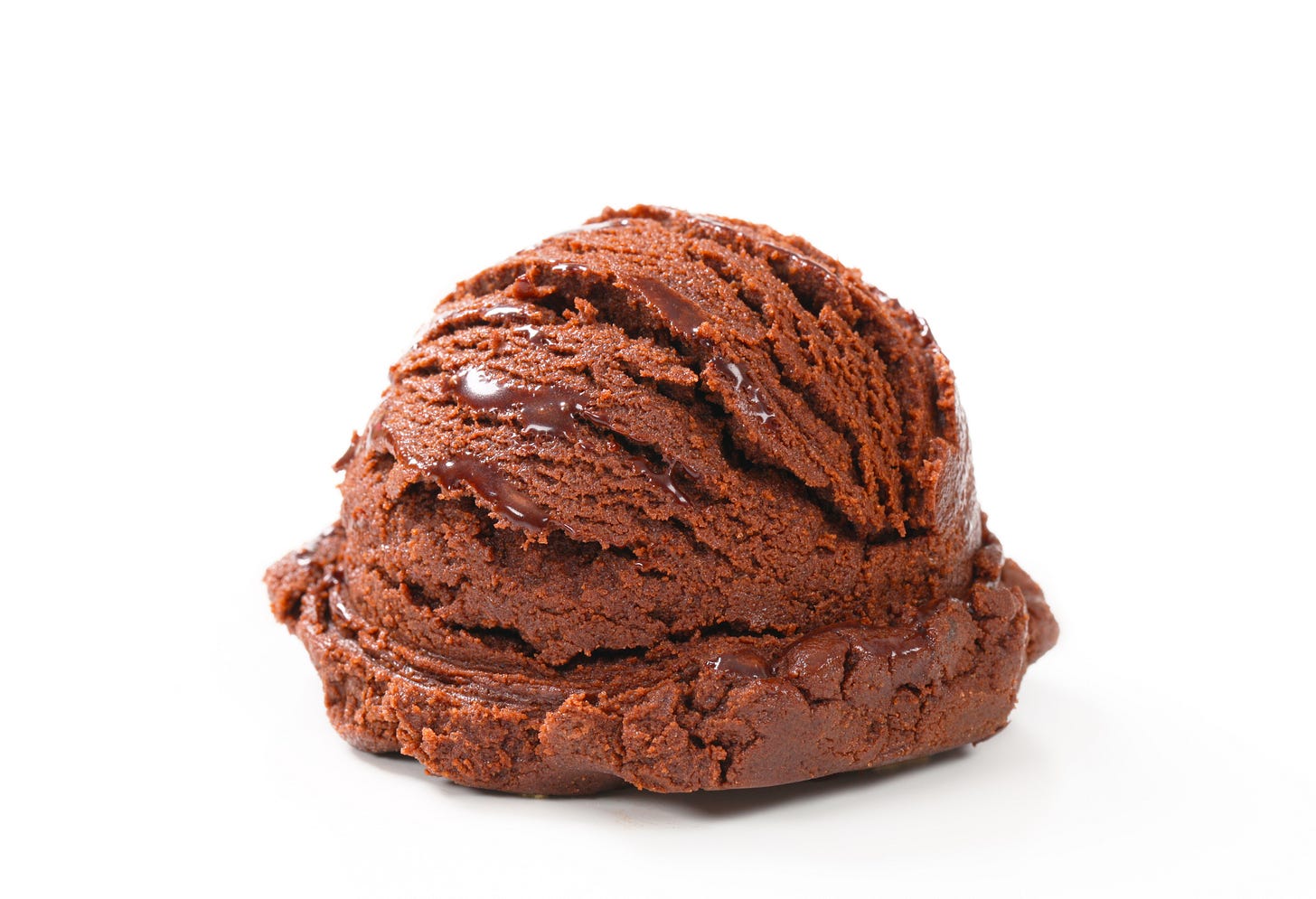Often, in Buddhist texts, the “eight worldly concerns” make their appearance. This verse, for example, is part of my daily practice:
I will learn to keep all these practices Untainted by thoughts of the eight worldly concerns. May I recognize all things as like illusions, And, without attachment, gain freedom from bondage.
What are the concerns that taint daily life? The Buddha lists them in Lokavipatti Sutta. As translated by Ṭhānissaro Bhikkhu, the sutta begins:
Monks, these eight worldly conditions spin after the world, and the world spins after these eight worldly conditions. Which eight? Gain, loss, status, disgrace, censure, praise, pleasure, & pain. These are the eight worldly conditions that spin after the world, and the world spins after these eight worldly conditions.
That passage never struck me as profound until I saw the “concerns” translated as “winds.” Yes, most of us bend to the winds of:
Gain/loss,
status/disgrace,
censure/praise,
pleasure/pain.
The winds of gain and loss
I hate to make assumptions about people, but most likely, if you have the interest, time, and resources to read or listen to From the Pure Land, you already have everything you need to be happy. Yet, we get attached to whether we’re winning or losing. I remember being amused by the phrase:
He who dies with the most toys wins.
We all understand the absurdity of the statement, yet we behave as though our satisfaction with life is intertwined with our material gains and losses. If you’ve ever been involved in buying or selling homes, you know how ego can be attached to that $250 gap between seller and buyer during negotiations.
At the other end of the spectrum, we all understand that baseball superstar Juan Soto could live a satisfying life by continuing to play for the New York Yankees yet chose the very slightly better $765 million 15-year contract offered by the Mets, which reportedly includes a private suite for his family to use during home games.
Have we gained anything or lost anything in a worldly transaction?
The winds of status and disgrace
We like to say we’re not “status-conscious,” but by deeply contemplating, we will find areas where that’s not true. Do we worry about what our friends will think of us if our house isn’t spotlessly clean when they visit? If we dress too formally or informally for an occasion? If we express the wrong opinion for our social set? If our child chooses a life path that doesn’t meet our or our friends’ expectations?
On the other hand, do we feel pride when we stand out positively from the “herd”? When we ask a question demonstrating our superior knowledge of the subject matter being discussed? When we’re the first to congratulate or express sympathy to another? When our child completes a PhD?
I’ve mentioned before my sense of failure when I didn’t live up to my own, and my social world’s, financial expectations. If you’re like me, you care what strangers think of you as you shop the the supermarket.
Those winds of status and disgrace are indeed strong.
That’s not to say we should completely disregard these feelings. There are often good reasons to care what others think of us. It would not be wise, for example, to strip naked in a shopping mall.
As with so much else, the middle path invites us to chart a course that avoids both being attached to status and living in fear of disgrace.
The winds of censure and praise
Our ego has been active from around 18 months, encouraging us to stand out from the crowd. Some of us thrive on negative attention, some on positive. That’s probably a healthy stage to go through if we’re to fit in this relative, dual world, but that ego doesn’t want to stop once it gets started and does its best to divert us from recognizing how intensely interrelated we all are.
In an article in the Tricycle Buddhist review, the Dalai Lama admitted that, when giving a talk, he sometimes wonders whether hearers will praise him, but he realizes those thoughts are “dreadful” because:
Whether we receive praise or criticism is of no account. The only important thing is that we have a pure motivation, and let the law of cause and effect be our witness. If we are really honest, we can see that it makes no difference whether we receive praise and acclaim. The whole world might sing our praises, but if we have done something wrong, then we will still have to suffer the consequences for ourselves, and we cannot escape them. If we act only out of a pure motivation, all the beings of the three realms can criticize and rebuke us, but none of them will be able to cause us to suffer. According to the law of karma, each and every one of us must answer individually for our actions.
The winds of pleasure and pain
A scoop of chocolate ice cream is a pleasure I’ve experienced hundreds—maybe thousands—of times. I don’t mind admitting I’d be glad to experience it again. But I know it will leave me feeling temporarily full but never fulfilled.
A dislocated hip is the worst physical pain I’ve ever felt. I’ve experienced it three times and don’t mind admitting that I hope never to feel that much pain again. But, if that much pain returns, I’ll know that breathing and resting in deep awareness of my breath and my pain will bring me through it without the second arrow of anxiety and worry. I’ll remember that it’s impermanent.
As with all eight winds, the compass heading is between attachment and aversion to avoid being blown off the path. Walk the path of equanimity.
NOTE: I will donate 100% of my net subscription income from Substack for the month of December to the charity GiveDirectly. If you are considering a paid subscription, now is the time. All subscribers to From the Pure Land, free or paid, receive the same content, but buying a subscription helps with my expenses, which now run more than twice the subscription income.
I’m grateful to all readers, but by subscribing now you can express your generosity and contribute to my mission and GiveDirectly’s.
From the Pure Land has thousands of readers and hundreds of subscribers in 34 U.S. states and 18 countries. The podcast has hundreds of listeners in 43 countries. Consider:
The Buddha emphasized the joy of giving. Dana is not meant to be obligatory or done reluctantly. Rather, dana should be performed when the giver is “delighted before, during, and after giving” —Gil Fronsdal.
Consider being delighted by paying for your subscription even though you’ll receive the same content as those with a free subscription. For $5 a month or $50 a year, you’ll be contributing to Mel’s expenses.
Make a one-time gift of any amount.
Share this post with a friend.
Listen and subscribe to the From the Pure Land podcasts via your favorite app or by clicking here.















Share this post